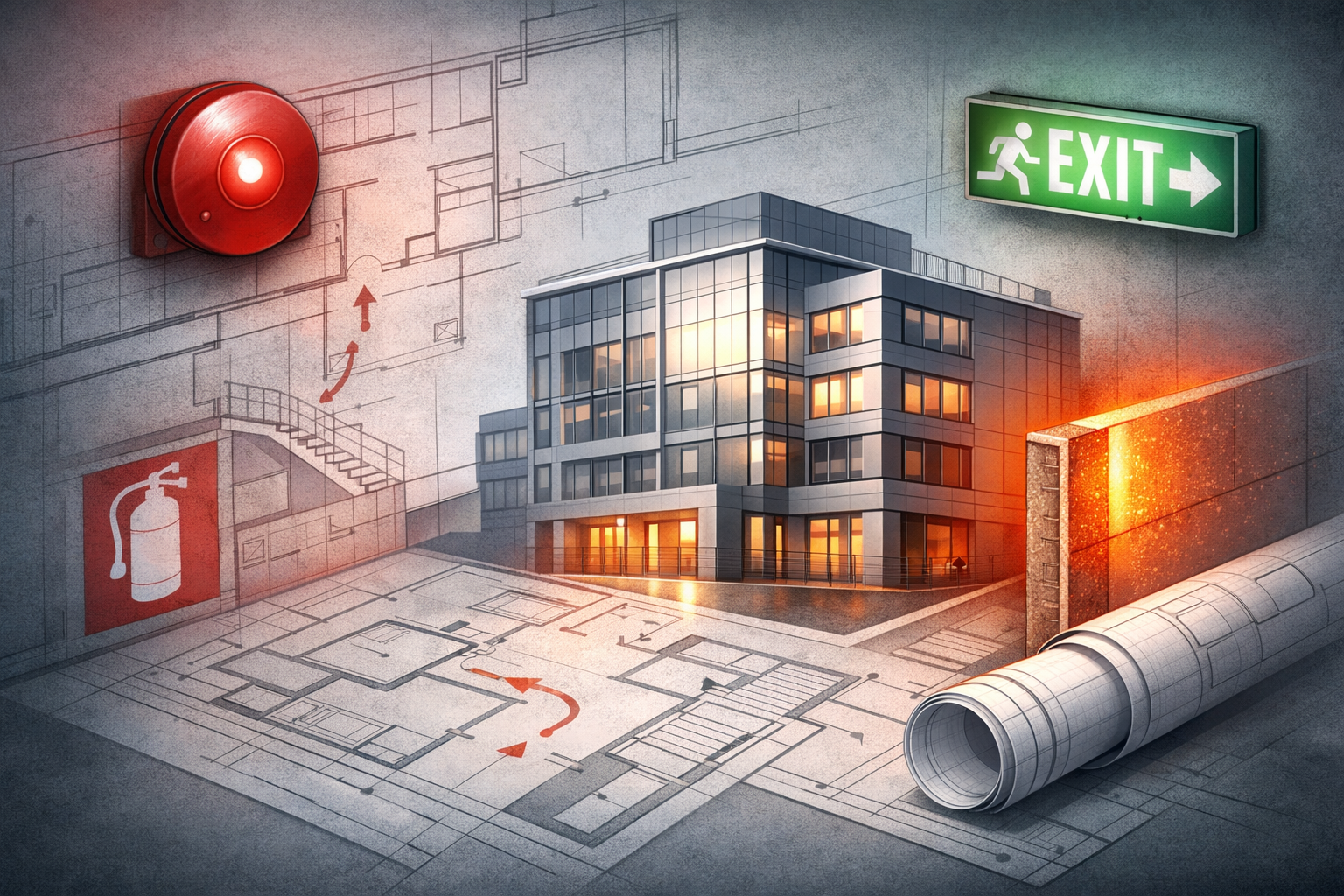How to Prepare Your Home for a Power Outage
While power cuts are not particularly common in the UK, they can still happen, usually during severe weather or when essential maintenance work is being carried out. Thanks to a reliable national grid, most outages are short-lived and localised. However, even a brief power outage can disrupt your day, and being unprepared can make the experience more stressful than it needs to be.
At Highland Services, we understand the importance of preparation and peace of mind. This guide will walk you through practical steps to ensure your home and family are ready for a power cut, no matter how unexpected.
1. Create a Power Outage Emergency Kit
Although power cuts in the UK are rare, it’s always wise to have an emergency kit on hand. This ensures you’re ready for any eventuality, especially during bad weather. Here’s what to include:
- Torches and Batteries: Opt for LED torches, which are energy-efficient and brighter than traditional ones.
- Battery-Powered or Wind-Up Radio: Stay informed with updates about the outage, particularly during storms.
- Non-Perishable Food and Water: Have a small stock of tinned or dried goods and bottled water, just in case.
- Basic First Aid Kit: Include plasters, pain relief, and essential medication.
- Power Banks for Electronics: Fully charge power banks to keep your mobile phone running during an outage.
Having these items ready means you’ll be prepared for any disruption, however short it may be.

2. Invest in a Backup Power Source
For households looking to stay powered during longer outages, a backup generator or solar battery system can be invaluable. While outages are uncommon, these systems can power essentials like lighting, refrigeration, or heating, ensuring your home remains functional.
3. Protect Your Appliances
When the electricity comes back on after a power cut, power surges can sometimes damage your appliances. To avoid this:
- Unplug sensitive devices like TVs, computers, and kitchen appliances during an outage.
- Use surge protectors for additional safety.
Highland Services provides comprehensive electrical services to help protect your home appliances from unexpected power surges.
4. Plan for Temperature Control
In the UK, power cuts are more likely to occur during extreme weather, such as storms or heatwaves. Being prepared for temperature changes is key to staying comfortable:
- Winter Power Cuts:some text
- Keep warm by layering clothing and using insulated blankets.
- Close off unused rooms to conserve heat.
- If you have a fireplace or gas heater, ensure it is ready to use.
- Summer Power Cuts:some text
- Close curtains or blinds during the day to block out heat.
- Use battery-powered fans if needed.
- Open windows in the evening to allow cooler air to circulate.
5. Use Safe Lighting Options
While candles may seem like an easy solution during a power outage, they pose a fire risk. Instead, use battery-powered LED lanterns or torches, which are safer and longer-lasting.
Highland Services offers security lighting solutions that can serve as reliable alternatives during power cuts.

6. Stay Connected and Informed
It’s important to stay informed during a power cut. Many utility providers in the UK offer real-time updates on their websites or social media platforms, letting you know when power is expected to return. Ensure your phone is fully charged ahead of any planned outage, and keep a wind-up or solar charger for longer disruptions.
Bookmark the website of your local electricity provider for quick access to outage updates.
7. Secure Important Documents
Although severe power cuts are rare in the UK, those caused by extreme weather can occasionally result in property damage. Keep essential documents, such as insurance policies and ID, in a waterproof and fireproof safe so they remain secure and accessible if needed.

8. Plan for Vulnerable Household Members
If you have elderly relatives, young children, or anyone with medical needs in your home, take extra precautions during a power outage:
- Ensure any medical devices have a reliable backup power source.
- Stock extra blankets and food supplies for added comfort.
- Familiarise yourself with local emergency services or shelters that could offer support in the event of a prolonged outage.
Conclusion: Be Prepared, Stay Reassured
While power cuts are uncommon in the UK, preparing for them can make all the difference. By assembling an emergency kit, safeguarding your appliances, and exploring backup power options, you can minimise disruption and stay in control during an outage.
At Highland Services, we’re here to help you take proactive steps towards power outage safety. Whether it’s installing a backup power system or providing expert advice, our team is ready to assist.
Get in touch with us today to find out how we can help you prepare your home for a power cut. Stay safe, stay prepared, and enjoy peace of mind knowing you’re ready for any situation.




.png)